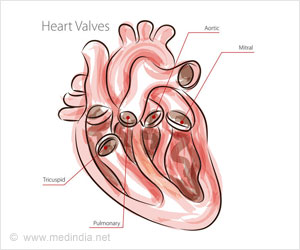VGLL4 gene key to embryo development is dispensable for myocardial growth and helps understand congenital heart defects and heart failure.
Congenital Heart Disease: New Insights
Why this matters: Congenital heart disease is one of the leading causes of pediatric morbidity and mortality, which is why it is important to decipher the molecular mechanisms that control heart development. Cardiovascular development has become a crucial element of understanding congenital heart diseases, and the more we know about this, the better we can treat heart malformations.
Context: “Vestigial like family member found in many organs and tissues. VGLL4 has been pinpointed to be a tumor suppressor, and it has been thoroughly researched in cancer studies.
‘Vestigial like family member 4 is a protein that is encoded by the VGLL4 gene; this is a transcriptional cofactor of VGLL family.’
Study summary: To understand the VGLL4 function in the heart, the authors generated two VGLL4 loss-of-function mouse lines: a germline VGLL4 depletion allele and a cardiomyocyte-specific VGLL4 depletion allele. The analysis of the embryos revealed that VGLL4 knockout embryos had reduced body size, malformed tricuspid valves, but normal myocardium and normal heart function.
Team authors: Caroline Sheldon, Aaron Farley, Qing Ma, William Pu, and Zhiqiang Lin. Dr. Zhiqiang Lin led the team, he is a Principal Investigator at the Masonic Medical Research Institute. The research team includes colleagues from Harvard Stem Cell Institute and Boston Children’s Hospital. Dr. Lin co-authored a previous study about VGLL4 in 2016, also with Dr. Pu and Dr. Ma.3
Source: Eurekalert
Advertisement



